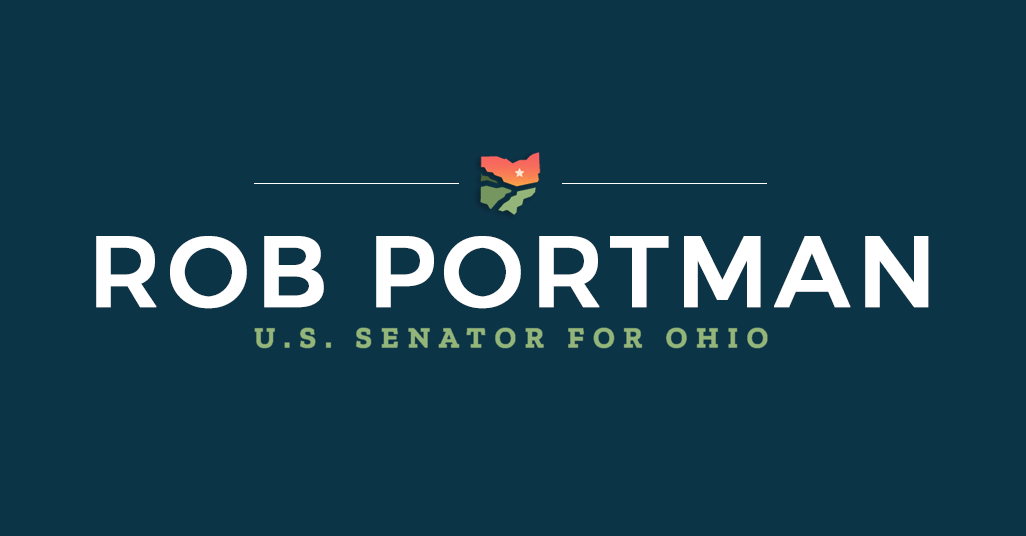Source: United States Senator for Ohio Rob Portman
August 5, 2021 | Press Releases
WASHINGTON, DC – Today, U.S. Senators Rob Portman (R-OH) and Kyrsten Sinema (D-AZ) issued the following statement on the cost estimate released by the Congressional Budget Office (CBO) on the final legislative text of the bipartisan Infrastructure Investment & Jobs Act:
“The bipartisan legislation the Senate is now considering is a historic investment in our nation’s core infrastructure needs – including roads and bridges, rail, transit, ports, airports, the electric grid, broadband, and much more. This investment is being made without new tax hikes on everyday families. Independent studies have shown that the long-term spending for capital assets in this measure will improve economic efficiency and productivity, increase GDP, generate additional revenue, and will not increase inflation.
“The CBO score says that the cost of the bill is $228 billion over five years and $415 billion over 10 years, and the offsets we have identified total $519 billion. The new spending under the bill is offset through a combination of new revenue and savings, some of which is reflected in the formal CBO score and some of which is reflected in other savings and additional revenue identified in estimates, as CBO is limited in what it can include in its formal score. The American people strongly support this bipartisan legislation and we look forward to working with our colleagues on both sides of the aisle and President Biden to get it passed through Congress and signed into law.”
New Spending Pay-Fors
- $53 billion from certain states’ unused enhanced federal UI supplements (Source: CBO estimate)
- $67 billion in unused savings from the COVID-19 employer retention tax credit that CBO projected would be utilized and were not, minus the impact of sunsetting the credit (CBO letter)
- $106 billion in unused savings from COVID-19 paid & family leave tax credits that CBO projected would be utilized and were not (CBO letter)
- $51 billion from delaying Medicare Part D rebate rule (Source: CBO score)
- $21.4 billion in rescissions in unused funding from 2020 COVID bills (Source: CBO score)
- $10.2 billion from sales of future spectrum auctions (Source: CBO score)
- $67 billion from proceeds of the February 2021 c-band auction (Source: CBO estimate)
- $53 billion in economic growth resulting from a 33 percent return on investment in these long-term infrastructure projects (Source: CBO analysis)
- $28 billion from clarifying the application of information reporting requirements for cryptocurrency (Source: JCT score)
- $21 billion from extending fees on GSEs (Source: CBO score)
- $14.5 billion from reinstating certain Superfund fees (Source: JCT score)
- $8.7 billion from extending the mandatory sequester (Source: CBO score)
- $6.1 billion in sales from the Strategic Petroleum Reserve (Source: CBO score)
- $6.1 billion from extending customs user fees (Source: CBO score)
- $3.2 billion in savings from reducing Medicare spending on discarded medications from large, single-use drug vials (Source: CBO score)
- $2.9 billion from extending available interest rate smoothing options for defined benefit pension plans (Source: JCT score)
TOTAL OFFSETS = $519 billion
###
